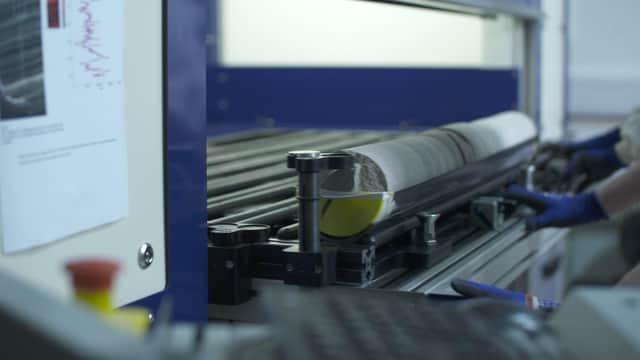Underground observatory set to open in Glasgow


The Glasgow Observatory is made up of 12 boreholes - beneath manhole covers within a fenced compound - which are 16 to 199 metres deep and fitted with 319 state-of-the-art sensors to help better understand the subsurface.
A virtual event will mark the opening of the site, with scientists around the world being invited to apply to use it from March 2021 - in line with coronavirus restrictions.
Advertisement
Hide AdAdvertisement
Hide AdThe team behind the facility suggest it will help decarbonise UK energy supply and achieve the country's goal of net zero emissions by 2050.
Dr Karen Hanghoj, executive director of the British Geological Survey, said: "The Glasgow Observatory builds on the city's industrial past.
"The data from Glasgow's abandoned mines will help us understand the processes and impacts of a mine water heat source and potential heat store as a sustainable way of heating homes and businesses in our cities.
"Over the next 15 years, the network of boreholes will monitor any changes in the properties of the environment below the surface, and help close the knowledge gap we have on mine water heat energy and heat storage.
"While today is the official opening, the Glasgow Observatory has been supplying scientists with open access data since drilling began in 2018.
"There is no other publicly-funded observatory like this in the world, and it is very fitting that it is located in Glasgow, which will host Cop26 next year."
A second observatory is planned for another site in Cheshire.
Comments
Want to join the conversation? Please or to comment on this article.